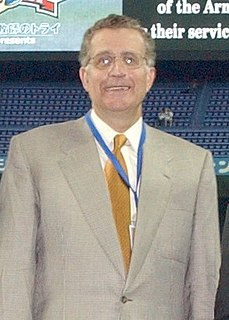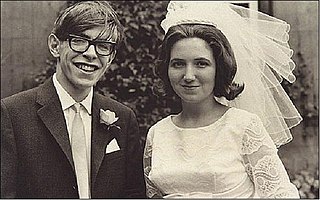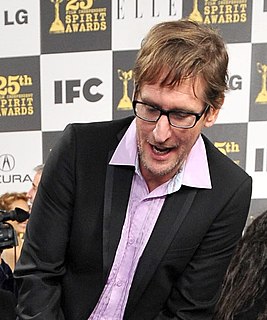A Quote by Paolo Bacigalupi
Fiction is optimistic or unrealistic enough to demand that there should be a meaningful narrative.
Quote Topics
Related Quotes
There is really no fiction or non-fiction; there is only narrative. One mode of perception has no greater claim on the truth than the other; that the distance has perhaps to do with distance - narrative distance - from the characters; it has to do with the kind of voice that is talking, but it certainly hasn't to do with the common distribution between fact and imagination.





































